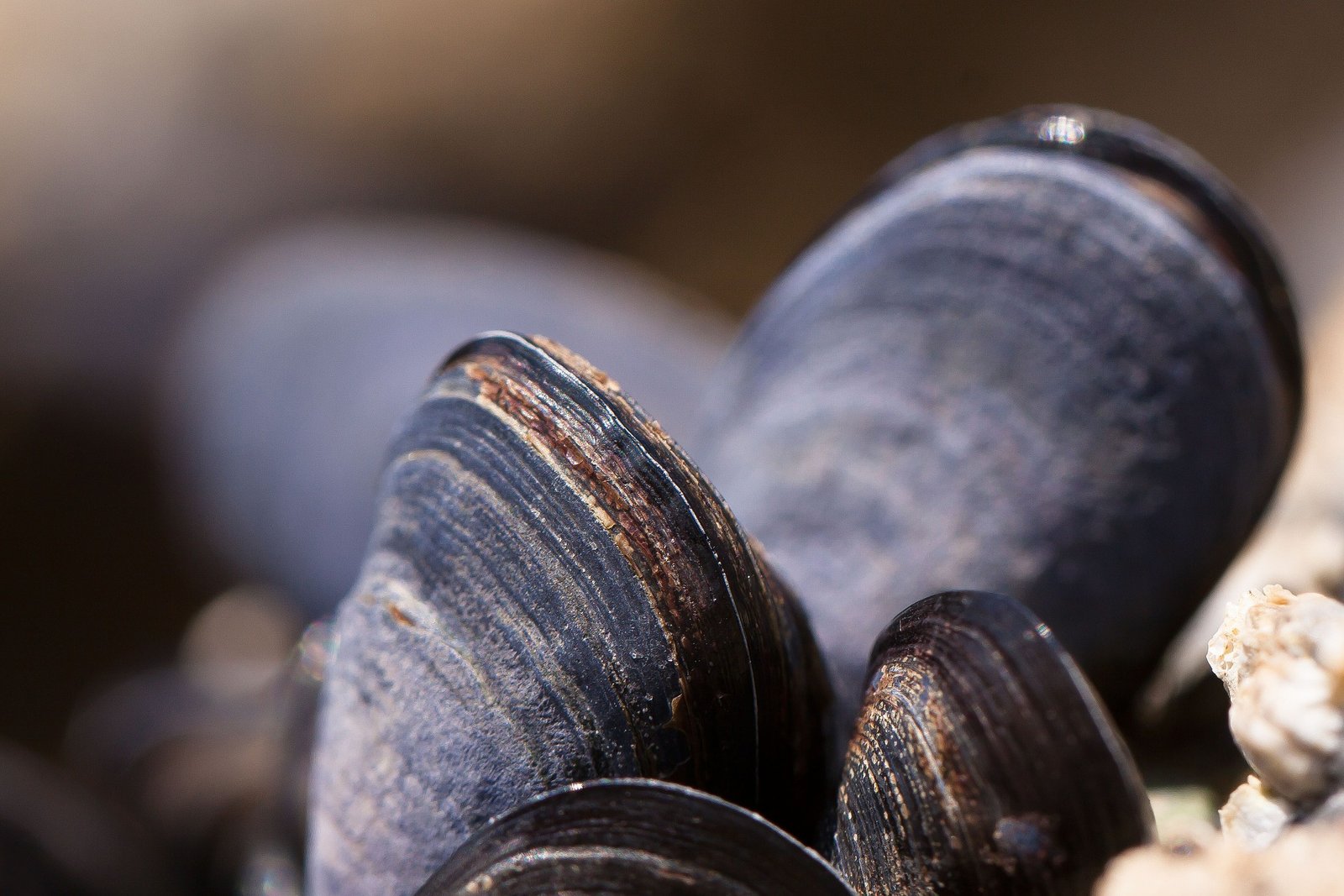
Freshwater mussels are dying quickly and in large numbers, with each mass death event putting these molluscs closer to extinction. The introduction of seawater recently killed all the Carter’s freshwater mussels south-western Australia. Approximately 160 mussels had been taken taken from the river and kept alive in cages while 3,000–4,000 in the river mussels were killed.
Almost half of all freshwater mussels are either extinct or at risk of extinction, which makes them one of the most endangered groups of animals in the world. Freshwater mussels are very important, and many of them will become extinct in our lifetimes. This will have a big impact on freshwater environments around the world.
In Australia, climate change is one of the biggest threats to the population of freshwater mussels.
Between 2017 and 2020, there was a lot of drought in the Murray Darling Basin, which killed about 2.9 million mussels. A big reason freshwater mussels are so at risk is because of their unique life cycle, which makes them more vulnerable. Female freshwater mussels don’t fertilize their eggs outside of the body like mussels in the sea. They instead have pouches in which they grow until they are released. The larvae are parasitic on fish so they are reliant on them for reproduction. After living as a parasite for a few months, the larvae change into juvenile mussels and drop off their host into the sand.
These changes could have a huge impact on the freshwater ecosystem, because mussels are a “keystone” species. There are still pools of water where freshwater fish and other animals can hide when there are no rivers to flow in the dry summer months. Freshwater mussels behave like the livers of rivers, keeping these refuges clean and ensuring animals can survive until the rains return.
There is still a long way to go before conservation management of freshwater species is as good as for land or sea species. Up to 71% of the world’s wetlands have been lost since 1900 because there aren’t enough conservation reserves to keep them safe. A top priority for Australia is to protect freshwater areas in the same way that we protect marine and terrestrial areas. A stream, river, or lake near where you live is a great place to visit soon. You can see all kinds of animals and plants that live in the water beneath the surface.
In the years to come, there’s a good chance that they won’t be there unless policies are made to protect the freshwater ecosystems.



